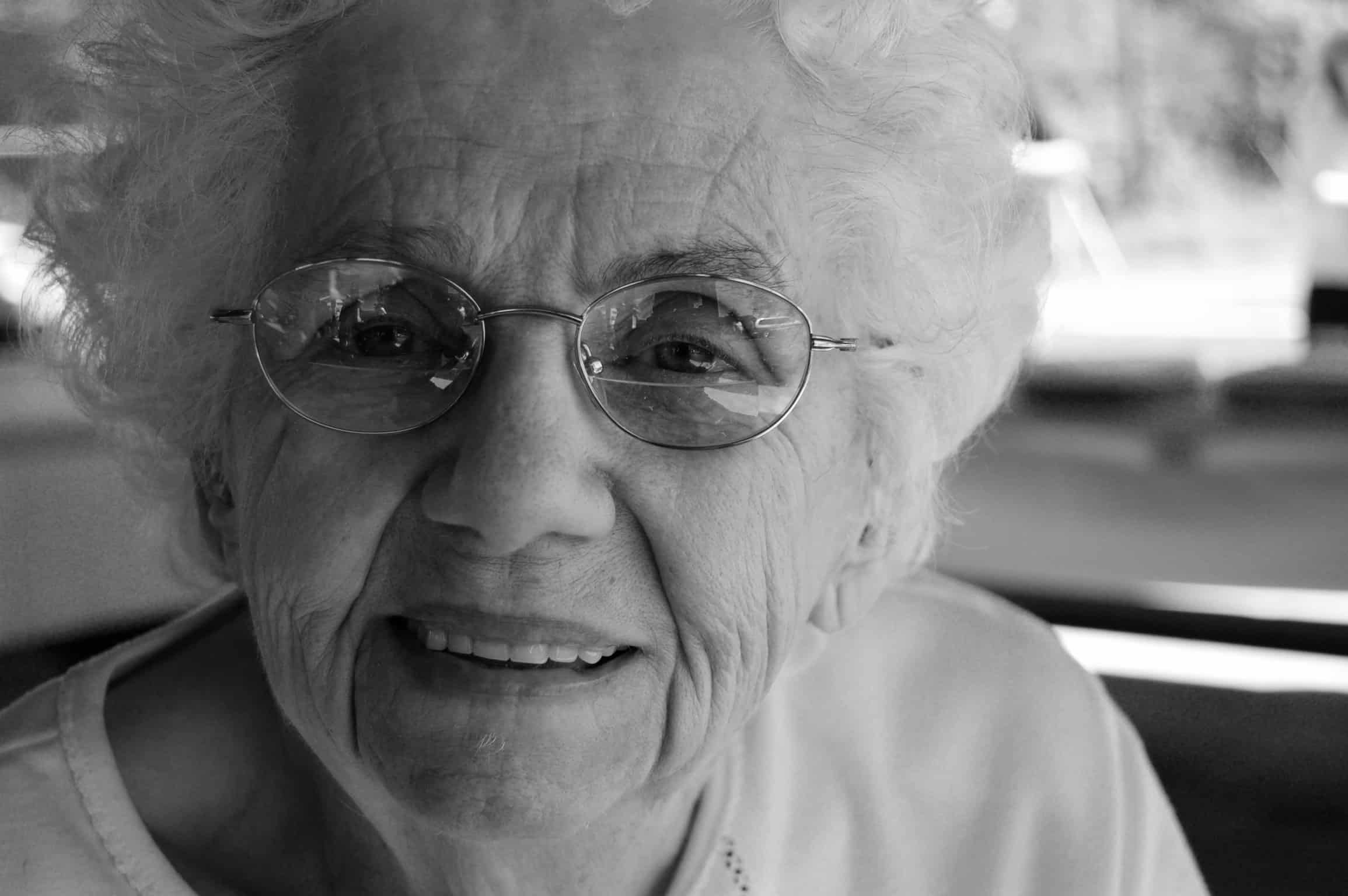Tips For Caregivers Supporting Loved Ones With Dementia Such As Alzheimer’s Disease
Pegasus home care professionals in Altadena and elsewhere understand the challenges of caring for an individual with dementia. We know how easy it is to become overwhelmed. That’s why we have compiled these tips for caregivers supporting loved ones with Alzheimer’s disease.
Dementia describes a group of diseases that lead to a loss of cognitive abilities. Alzheimer’s disease is perhaps the best-known. Dementia results from damage to nerves in the brain.
Symptoms can vary among individuals, depending on the area of damage. The most common symptom is loss of memory. Other symptoms include difficulty with:
- Communication
- Complex tasks
- Coordination
- Planning or organizing
- Reasoning and problem solving
- Staying oriented in time and space
As the disease progresses, you may notice changes in your loved one’s personality.
Other symptoms that increase the challenges of caregiving include:
- Agitation
- Anxiety and depression
- Hallucinations
- Inappropriate behavior
- Paranoia
Some forms of temporary dementia may occur, such as from medications, infections, or poisons. However, dementia, such as Alzheimer’s, that is caused by loss of nerve cells is permanent and progressive.
Dementia Diseases Are Progressive
Dementia in your loved one will progress through several stages, each requiring different levels of care. In general, the progression is:
- Early – The loss of cognitive ability is mild enough that your loved one may not be aware of their decline. You’ll notice more forgetfulness, some changes in behavior, and difficulty in communicating. They may express surprise or dismay at what they say or do. As a caregiver, try to avoid criticizing or correcting them. Continue to include them in any decisions and respect their wishes.
- Middle – Your loved one continues to lose the ability to think and remember. They still retain some awareness of their loss but will need increasing assistance from you. Your job as caregiver starts to become full-time during this stage, which typically is the longest stage. You may still offer your loved one choices but be prepared for an increasing inability to actually decide. Mood changes, inappropriate behavior, and disorientation will become more frequent. Try to find activities that match what they can still do in order to give them a safe level of independence.
- Late – Along with the loss of cognition, your loved one’s body will begin to shut down. They may lose mobility and are often incontinent. They may have difficulty eating and can become malnourished and dehydrated. Caregiving in this stage is a 24/7 job. As well as the actual care of your loved one, you will be responsible for end-of-life decisions.
The degree of quality of life you are able to provide for your loved one depends on their symptoms.
Tips For Creating A Safe Home
In the early stage of Alzheimer’s, your loved one might be able to live in their own home. Eventually, either you will either become a live-in caregiver or they will move to your home. In both cases, you need to create a safe home environment for them.
You can start with the temperature in the areas in which they spend the most time. Your loved one’s comfort needs may be significantly different from the rest of the household. If your heating and cooling is thermostat-controlled, you may need to invest in a zone thermostat.
Adjust the temperature on your water heater. Dementia patients can be injured because they forget that hot water burns them. Ensure there is adequate lighting, but avoid overly bright conditions that can be stimulating and may cause agitation.
Keeping distractions to a minimum helps alleviate confusion. Do your best to eliminate clutter. To the extent that you can, use subtle colors and avoid intricate patterns in room decor.
Exercise stimulates circulation and improves brain health. Pegasus physical therapists can customize movements to meet your loved one’s ability. They provide their services in your home, which minimizes confusion and agitation in Alzheimer’s patients.
Use simple sentences and ask easy questions when communicating. Be as patient as you can with your loved one. Recognize that their inability to communicate clearly is as frustrating to them as it to you.
In the more advanced stages, touch your loved one to get and keep their attention. Holding their hand reassures them and increases their feelings of safety. Finding something funny to say will ease the stress for both you and them.
Self-Care Is Essential
As crucial as the care you provide for your loved one is, caring for yourself is even more essential. You can’t adequately help others if you burn out. Dementia caregivers can experience anxiety, depression, exhaustion, grief, sadness, and stress at levels that harm their health.
Schedule downtown for yourself by enlisting the help of others. If family members or friends aren’t available, arrange for respite care from Pegasus. We’ll provide a break for as long as you need it.
Get enough sleep, exercise, and eat well. Practice stress-relief techniques. Let go of all guilt about the quality of care you’re providing.
Pegasus is a licensed Home Care Organization and a Joint Commission Accredited Home Health Care organization. We offer a full range of home care services in Altadena and our other locations. Our team treats every individual with respect and dignity regardless of their medical needs.

